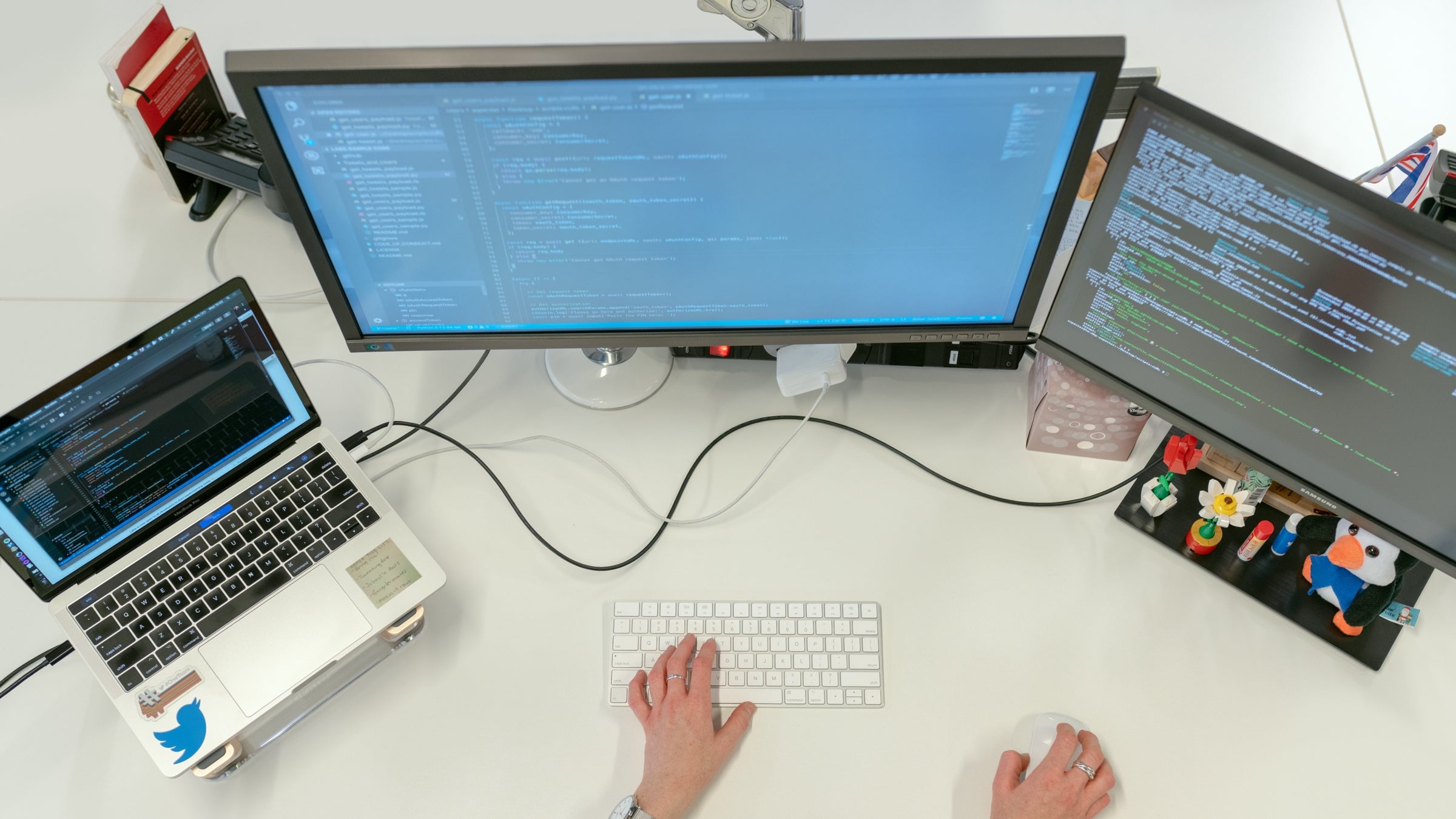The Benefits of a Dedicated Development Team in a Competitive Market
The Benefits of a Dedicated Development Team in a Competitive Market
Blog Article
Committed Developers vs. In-House Teams: Which Is Right for You?
The choice between using devoted designers and keeping an in-house team is a significant one that can affect the trajectory of your tasks and total organization approach. Conversely, internal teams add to a natural business culture and a nuanced understanding of lasting objectives.
Understanding Committed Programmers
The expanding need for specialized skills in the technology market has led to the introduction of committed designers as a feasible remedy for lots of organizations. These experts are typically acquired on a project basis, permitting firms to utilize certain competence without the lasting dedication related to full time hires. Dedicated designers are usually ingrained within a client's group, offering adaptability and scalability to meet project needs.
This design allows companies to access a global ability swimming pool, which is particularly advantageous in a rapidly developing technical landscape. Devoted programmers can be sourced from different geographical locations, making sure that firms can find the right ability set at competitive prices. They usually bring a wide range of experience and understanding, having actually dealt with diverse tasks throughout various sectors.
In addition, specialized developers can focus exclusively on the jobs handy, boosting productivity and performance. They are geared up to integrate seamlessly into existing process, teaming up closely with in-house teams to attain job objectives. This technique not only minimizes the worry of recruitment and training but likewise allows companies to stay nimble, adapting quickly to altering market demands and technical innovations.
Benefits of In-House Teams

Furthermore, internal teams often tend to have a deeper understanding of the firm's mission, values, and objectives. This alignment can improve employee engagement and motivation, as group members feel extra connected to their work and the company's success. In addition, having a devoted internal group permits for better positioning of approaches and objectives, as these members are regularly concentrated on the firm's priorities.
In-house teams likewise assist in quicker decision-making procedures, as they can react more rapidly to challenges and modifications. The well-known partnerships and experience with company methods enable streamlined workflows and minimized miscommunication. Eventually, the mix of a natural society, placement with business objectives, and reliable interaction makes internal groups a useful property for lots of companies, specifically those seeking to cultivate lasting development and advancement.
Price Factors To Consider
When examining expense considerations, both internal teams and dedicated developers existing unique monetary implications for companies. Involving devoted developers generally involves a pay-per-project or per hour rate model, which can be cost-efficient for services with changing project needs. This technique permits adaptability in scaling sources up or down, making certain that companies just spend for the solutions they require.
On the other hand, internal groups require taken care of visit this web-site prices, consisting of salaries, advantages, and overhead expenses such as workplace and tools. While this design offers higher control and immediate schedule of sources, it might cause higher long-lasting expenses, especially if the work does not validate a permanent staff.
Additionally, firms ought to take into consideration the hidden expenses connected with employment and training of internal employees, which can even more stress spending plans. Sometimes, the time and sources invested on taking care of an in-house team can detract from the company's core company purposes.

Job Administration and Flexibility
Project administration and flexibility are essential elements that affect the choice in between dedicated programmers and internal teams. Dedicated teams often have developed processes for handling tasks effectively, leveraging certain methodologies like Agile or Scrum, which assist in repetitive progress and versatility.

Inevitably, the option between in-house groups and specialized developers pivots on the preferred level of versatility and the particular task administration requirements. Firms need to assess their functional dynamics, task intricacy, and resource accessibility to figure out which alternative straightens ideal with their critical goals.
Making the Right Choice
Selecting the best advancement technique-- committed developers or in-house teams-- calls for a mindful analysis of various aspects that straighten with a business's tactical objectives. Conversely, in-house groups can provide much better continuity and integration with existing workers.
Following, evaluate your budget. Dedicated developers frequently provide a cost-efficient solution for temporary tasks, while internal teams may incur greater lasting costs because of salaries, advantages, and expenses expenses. Assess the degree of control Check This Out and cooperation preferred; in-house groups commonly promote stronger communication and placement with firm culture.
If prompt results are required, dedicated designers can be onboarded rapidly, whereas constructing an in-house group takes time for employment and training. If continuous advancement is essential, investing in an in-house group might yield much better returns over time.
Final Thought
In verdict, the choice in between dedicated developers and in-house teams rests on task needs and business purposes. Dedicated designers offer adaptability and specialized expertise, making them suitable for short-term initiatives. Conversely, internal groups grow a cohesive culture and deeper alignment with long-term objectives. Cautious examination of budget plan restrictions, project timelines, and desired control degrees is crucial for determining one of the most ideal approach, guaranteeing placement with strategic linked here concerns and functional performance.
The choice in between using specialized programmers and keeping an in-house group is a substantial one that can influence the trajectory of your jobs and total organization method.Project monitoring and versatility are crucial variables that influence the selection between in-house teams and dedicated programmers. software engineering staffing.In contrast, in-house groups may succeed in maintaining a regular job monitoring framework due to their experience with the company's culture and long-lasting objectives. Dedicated designers usually present a cost-effective option for temporary projects, while in-house teams might sustain greater long-term costs due to wages, advantages, and overhead costs.In final thought, the choice in between internal groups and committed developers hinges on task demands and business purposes
Report this page